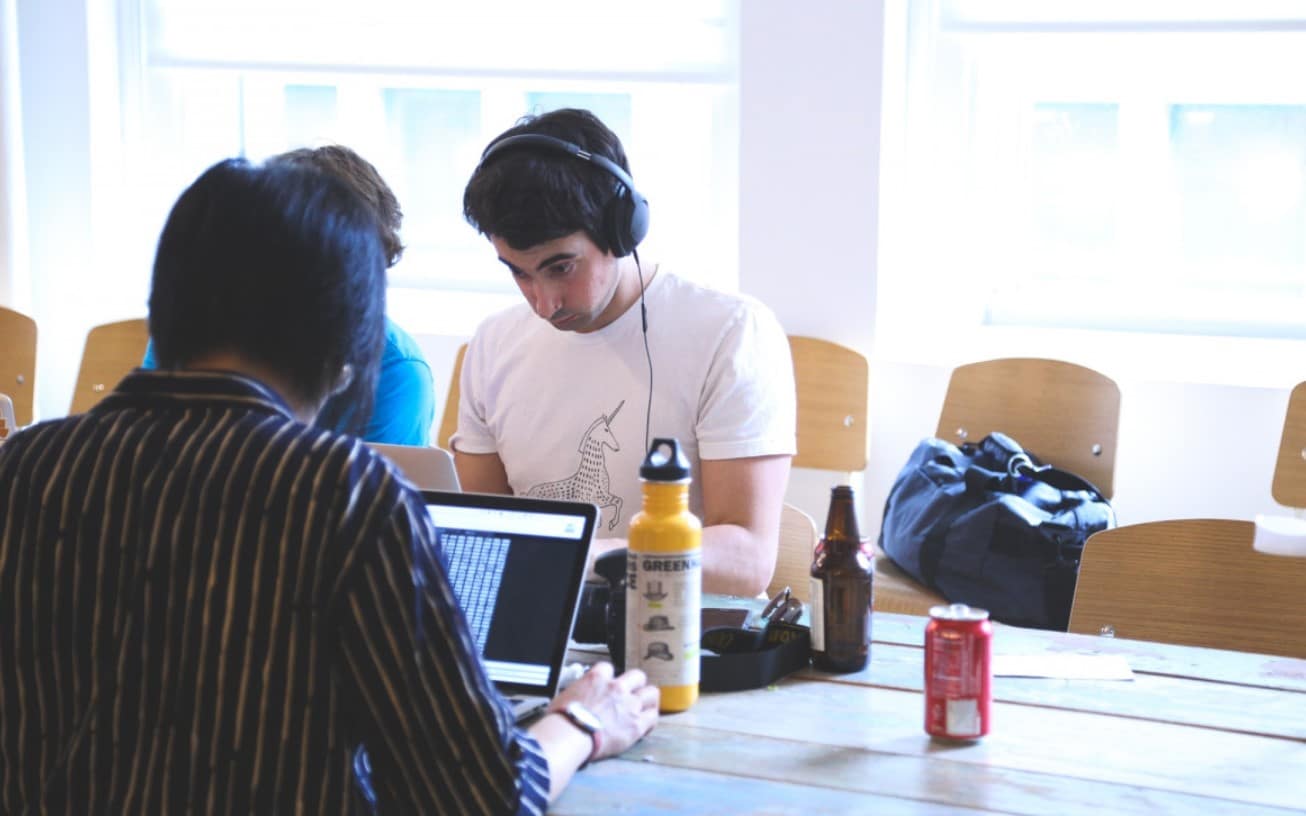One in two Cypriots feel confident about starting a business, while more than half believe they possess the necessary skills to be successful in business, according to the results of the Global Entrepreneurship Monitor (GEM).
The findings of this year’s survey were presented last week during an event at the University of Cyprus. This was the seventh consecutive year in which Cyprus took part in the survey.
The University of Cyprus emphasised the importance of this continuous participation, as it provides comparative data on entrepreneurship in Cyprus and enhances its global profile in entrepreneurship and innovation.
The GEM survey, a major global entrepreneurial study now in its 24th year, annually tracks entrepreneurial trends across more than 70 economies, engaging over 200,000 participants.
This year’s findings from a sample of over 2,000 respondents suggest an optimistic outlook on entrepreneurship in Cyprus, despite some challenges.
Specifically, 52.7 per cent of respondents believe they have the necessary entrepreneurship skills, while 48.4 per cent think that starting a business in Cyprus is easy.
Interestingly, only 26.8 per cent see viable business opportunities in their local area, a notable decrease of 23.4 per cent from last year.
There’s also a growing awareness and engagement with entrepreneurship, evidenced by 82.4 per cent of Cypriots knowing an entrepreneur personally.
However, the fear of failure affects half of the population, highlighting a potential cultural aversion to risk-taking.
Moreover, while the rate of advanced-stage entrepreneurship has declined from 8.6 per cent to 5.7 per cent, early-stage entrepreneurship shows a stabilising trend at 8.3 per cent.
This group also appears increasingly sensitive to the social and environmental impact of their business activities.
In addition to these trends in entrepreneurship stages, the physical infrastructure, commercial and service infrastructure, as well as government policies related to taxes and bureaucracy, are recognised as strengths of the Cyprus business ecosystem.
The panel addressed critical issues such as the persistent gender gap in entrepreneurship and potential measures to support family-friendly policies and reduce the fear of failure among women.
The National Entrepreneurship Report, under the coordination of the University of Cyprus’ Centre for Entrepreneurship, received support from the Ministry of Energy, Commerce and Industry and PwC.






Click here to change your cookie preferences